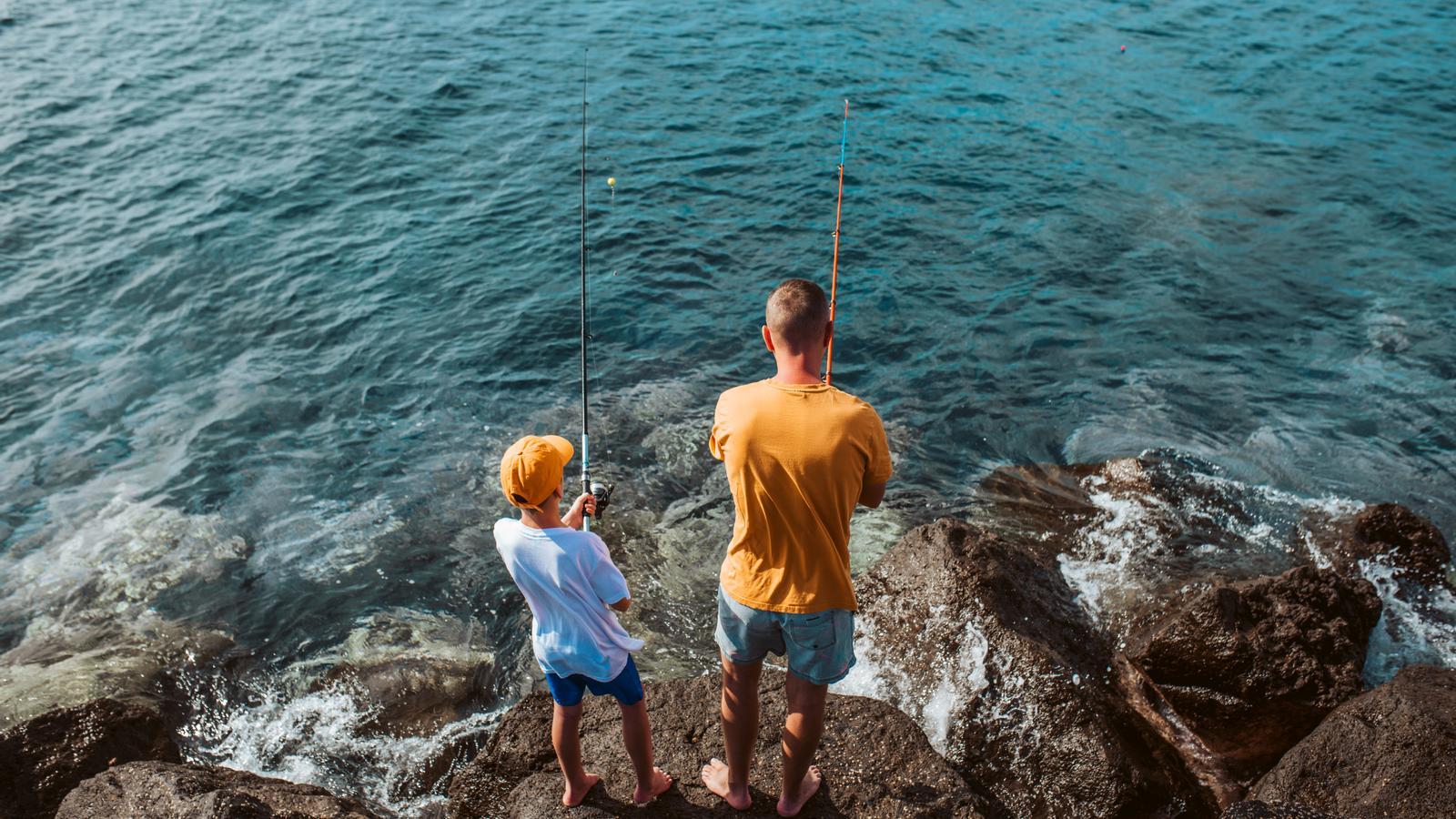New recreational fishing model: what changes for enthusiasts?
The new regulation, promoted by the Generalitat, establishes minimum sizes, catch quotas and closed seasons for about forty species.

Catalonia launches, starting September 1, a new model of recreational sea fishing which applies to the entire coast and introduces significant changes to how, when, and what can be fished. The new regulation establishes minimum sizes; maximum catch quotas per species, person, and day; and biological closures for 44 species. These include species most appreciated by lovers of recreational fishing, such as sea bream (Sparus aurata) or the sea bream (Diplodus sargus).
The new regulations also prohibit the use of live bait and the fishing or keeping on board of sharks or packs of sharks, highly vulnerable species. The Generalitat de Catalunya (Catalan Government) began a pilot test of this new model in the Girona regions in 2024, with good results. The new model is now being extended to the coast of Barcelona and Tarragona. According to the Department of Agriculture, these measures seek to ensure rational exploitation of species and promote their conservation, regeneration, and sustainability.
The regulations will affect both boat fishermen and those who fish from the coast with rods and line, as well as those who practice underwater fishing. One of the new features is that it was developed through the Co-Management Roundtable for Recreational Maritime Fishing in Catalonia; a forum in which representatives of the sector, scientists, environmental entities, and the administration participate. This has made it possible to agree on measures adapted to reality and facilitate their acceptance among practitioners.
What does the new recreational fishing model regulate?
- Minimum sizes: 44 species with specific limits
- Daily quotas: maximum number of catches per fisherman per day
- Temporary closures: protection during the breeding season
- Protected species: fishing for sharks and packs is prohibited
- Prohibition of live bait: in certain modalities
- More information at portal of the Department of Agriculture, Livestock, Fisheries and Food
Why is this change being made?
Recreational fishing is a deeply rooted activity in Catalonia. According to data from the ICATMAR Monitoring Program, there are more than 53,000 practitioners, who make more than 600,000 trips annually, with an estimated catch volume of 1,000 tons and an economic impact of 65 million euros per year.
The current model, inherited from thirty-year-old regulations, had become obsolete. Regarding personal consumption, for example, it allowed up to 10 kg of daily catch per person, double the limit established in open waters. The new regulation also eliminates the requirement for a medical certificate for underwater fishing, which is now replaced by a sworn declaration, which simplifies procedures and bureaucracy.
What is recreational fishing?
Recreational fishing is any fishing practiced purely for enjoyment, pleasure, or sporting purposes, without any commercial purpose. Catches are intended solely for personal consumption and may never be sold or exchanged.
The main catches vary significantly depending on the fishing method. From the coast, the predominant catches are seabream, bulrush, seabream, sea bass, and sea bass. Boat fishing mainly extracts bream, little tunny, yellowtail, mackerel, as well as cuttlefish and squid. In underwater fishing, the grouper is the star species, along with bulrush, seabream, seabream, and common octopus.
All of this generates a significant biological and ecological impact on the sea and its inhabitants. For this reason, it is essential to properly regulate this practice. According to the Department of Agriculture, these measures will help recover fish populations, increase their average size, and promote marine biodiversity. This will ultimately benefit both recreational and professional fishing, as a more balanced marine ecosystem generates more and better-quality catches.
Furthermore, it promotes a culture of respect for the environment, making fishermen active players in its conservation. guides and educational materials aim to ensure that regulations are not seen as an imposition, but rather as a tool to preserve a common heritage.
Good practices for recreational fishing in Catalonia
Before leaving
- Carry a valid license.
- Consult the regulations and the Spice Guide.
- Maintain your fishing gear properly.
During fishing
- Catch only what you are going to consume.
- Respect minimum sizes, closed seasons and protected species.
- Diversify sites and species to avoid overexploitation.
- Do not throw waste, threads or bait into the sea or on the coast.
Respect for the environment
- Do not spoil sensitive habitats (posidonia, coralligenous...).
- Avoid adverse weather conditions.
- Report any litter or illegal practices you see.
If you do underwater fishing
- Bring a buoy and stay away from bathing areas.
- Do not load the rifle out of the water.
Catch and release
- Handle the fish lightly and release it carefully.
- Uses barbless hooks and fine mesh nets.
